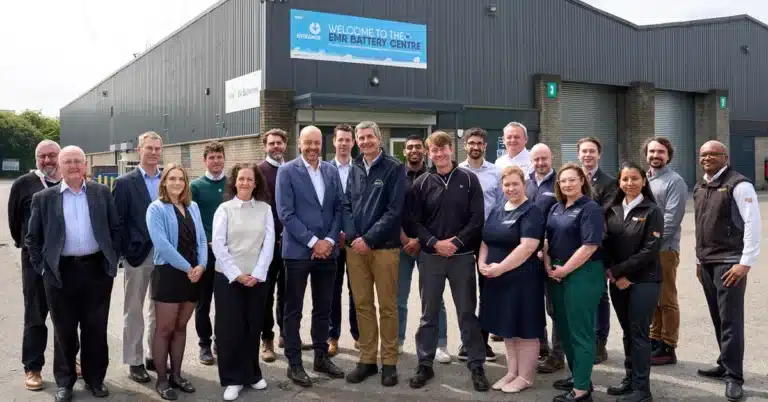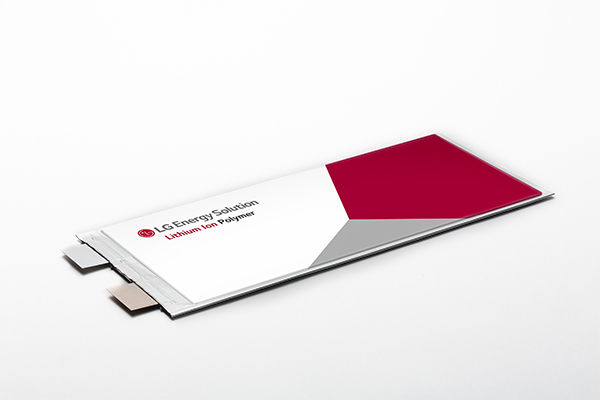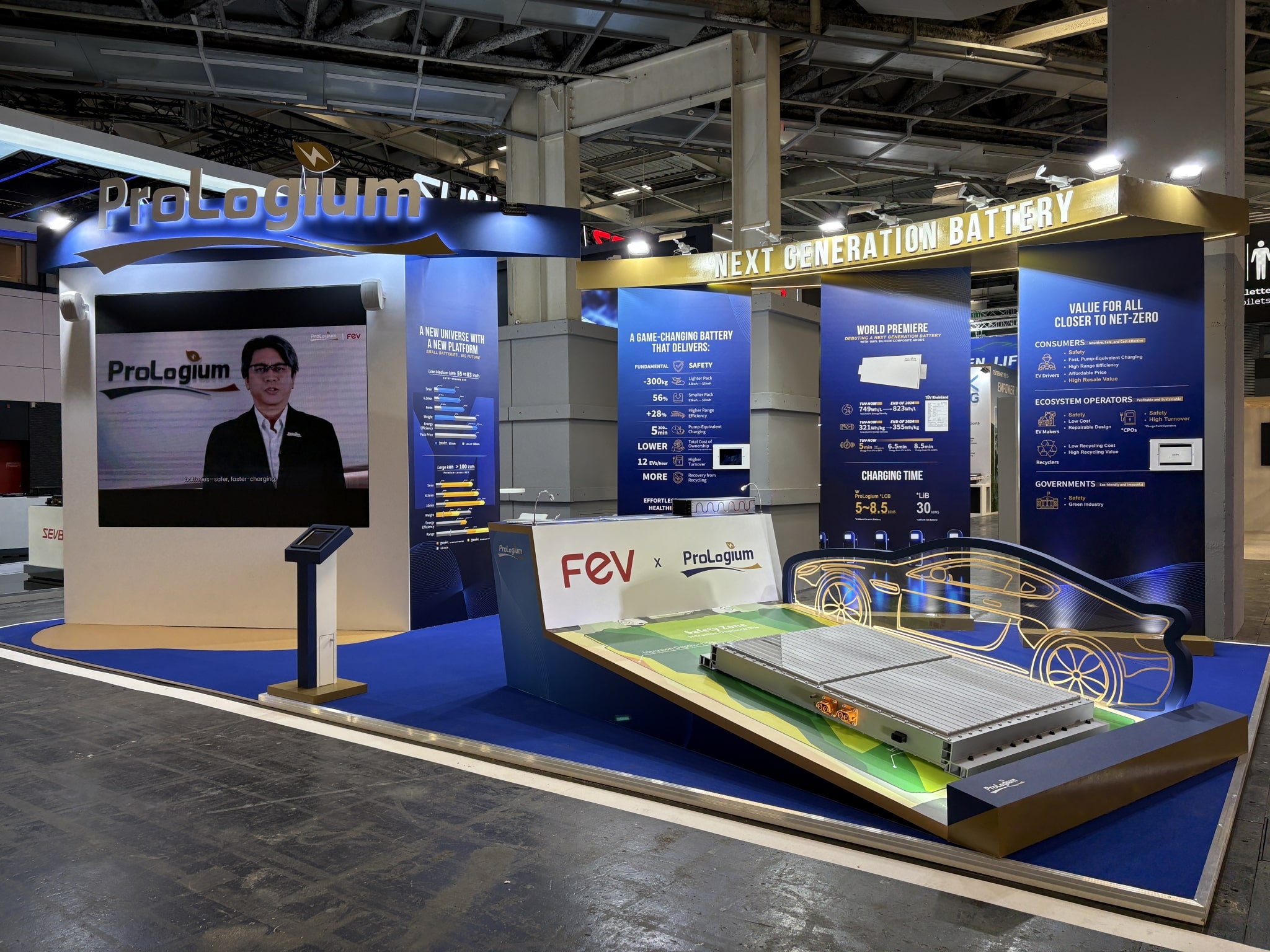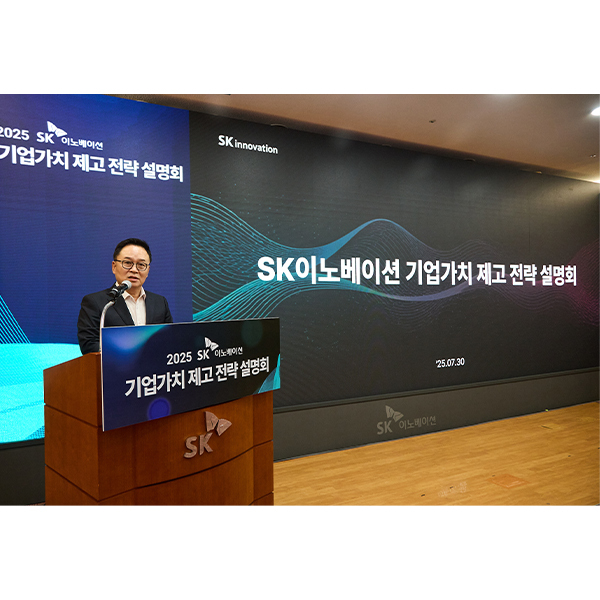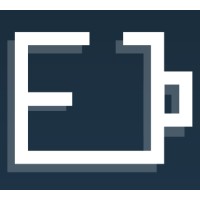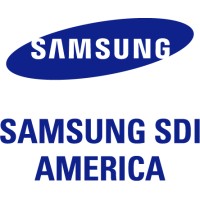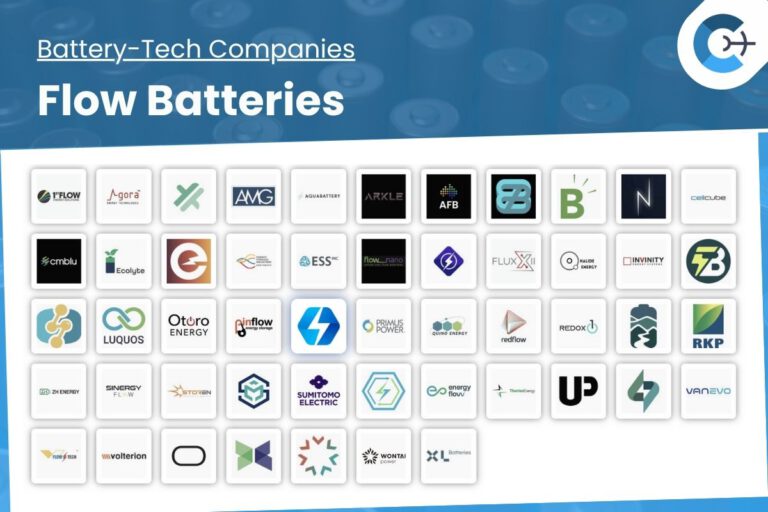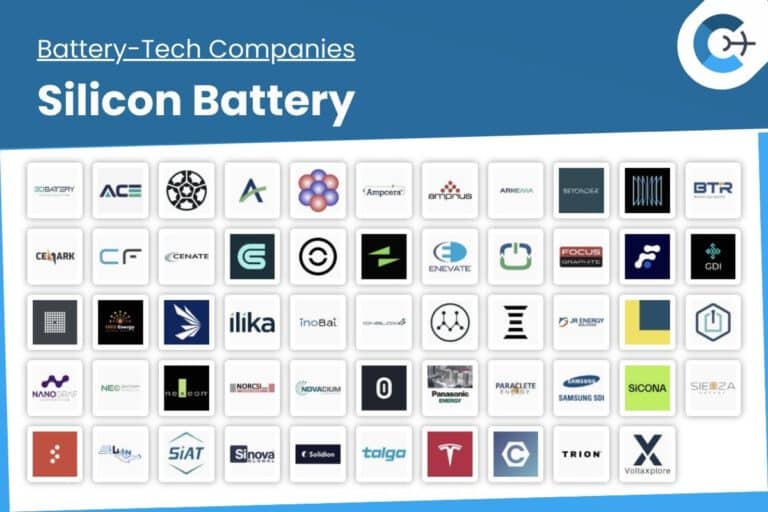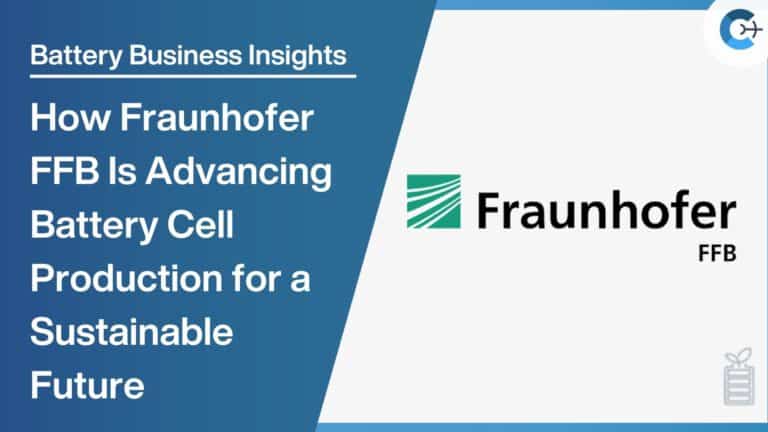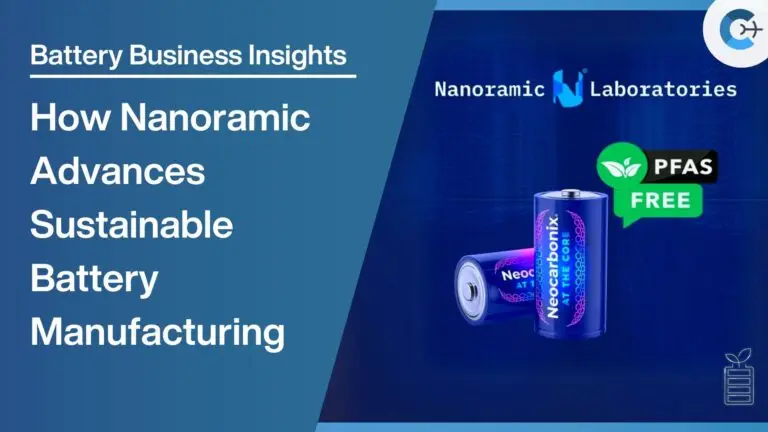A four-year collaboration among prominent car manufacturers, recyclers, academic institutions, and industry innovators has culminated in the establishment of the United Kingdom’s first circular supply chain for electric vehicle (EV) batteries. The RECOVAS consortium, led by EMR, a global leader in sustainable materials, successfully completed its mission to develop the necessary knowledge, technology, and skills to manage end-of-life EV batteries sustainably.
The project concluded with an event on May 7 at EMR’s new state-of-the-art battery recycling facility in Birmingham, marking the end of a successful initiative funded by the Advanced Propulsion Centre (APC) since November 2020. RECOVAS aimed to address the challenges of creating a circular economy for EV batteries by maximizing their lifecycle through reuse, remanufacturing, and recycling. The collaboration resulted in a functional circular supply chain and achieved several key objectives that enhance the circularity of the EV battery market.
- EMR invested millions into a cutting-edge EV battery recycling plant in Birmingham, capable of processing 2,000 tonnes of end-of-life EV batteries annually and creating 14 full-time jobs.
- Automotive manufacturers BMW, Jaguar Land Rover, and Bentley Motors developed guidelines for the entire automotive supply chain to ensure future EVs are designed with reuse, remanufacturing, and recycling in mind.
- Autocraft Drivetrain Solutions introduced a mobile triaging unit, a remanufacturing unit, and a battery testing process to efficiently assess and repair end-of-life EV batteries.
- Connected Energy established a strong business case for repurposing second-life EV batteries for utility-scale energy storage.
- The University of Warwick’s WMG conducted research on recovering lithium and other critical metals from black mass and developed expertise in rapid cell-level triaging.
- The UK Battery Industrialisation Centre (UKBIC) performed Life Cycle Analysis and economic assessments.
- The Health & Safety Executive (HSE) Science team investigated the risks associated with hazardous materials released during battery shredding, supporting all project partners in safe battery handling operations.
Despite the project’s conclusion, the partnerships and collaborative culture fostered by RECOVAS are expected to continue, particularly as the supply chain for virgin rare earth metals faces increasing uncertainties.
Alexander Thompson, Innovation Project Manager at EMR, stated, “EMR is extremely proud to have led the RECOVAS consortium – a project which has propelled UK EV battery recycling from concept into reality in just four years.
“By focusing on a range of challenges and opportunities associated with this technology, companies in the recycling, automotive and energy sectors have highlighted the huge progress that can be made when we work together. While RECOVAS has ended, its legacy continues in partnerships which will continue to benefit this growing industry in the years and decades ahead.”
Reuben Chorley, Sustainable Industrial Operations Director at Jaguar Land Rover, added, “At JLR, we’re committed to shaping a sustainable future for the automotive industry, and our work with the RECOVAS consortium has been an important step forward. Collaboration across the supply chain has enabled us to rethink how electric vehicle batteries are designed, reused, and recycled. The insights gained through RECOVAS will directly influence the way we engineer our next generation vehicles with circularity built in from day one.”
Professor David Greenwood, Director for Industrial Engagement, WMG at The University of Warwick, said: “RECOVAS has demonstrated the power of academic and industry collaboration in tackling some of the biggest challenges facing the transition to electric vehicles.
“Our research into the recovery of critical materials from EV batteries and the safe handling of battery materials has provided vital knowledge to support a truly circular battery economy”
“We’re proud to have played a role in shaping technologies and practices that will make EVs more sustainable in years to come.”
On May 1, RECOVAS was awarded the 2025 Resource and Waste Management Partnership of the Year at the LetsRecycle.com Awards for Excellence, recognizing the consortium’s collective efforts in promoting sustainable practices and a circular economy.
Source: EMR Group

